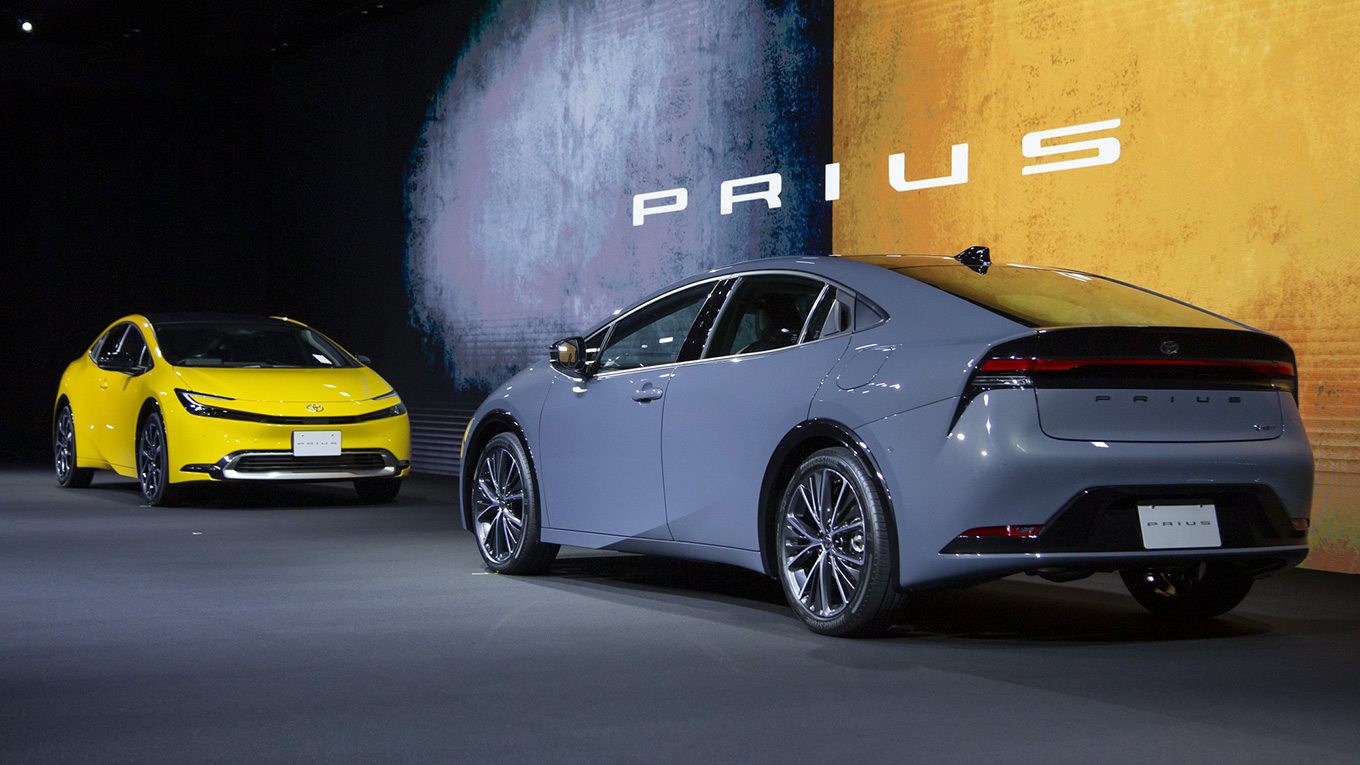While speaking at Toyota Motor Europe's annual event in Kenshiki, company executives stated the automaker is on target to achieve a 100 per cent reduction in CO2 emissions in all new vehicles sold in the European Union, UK, and EFTA (Iceland, Liechtenstein, Norway, and Switzerland) by 2035.
Toyota will also make all of its European manufacturing facilities carbon neutral by 2030 by minimizing energy consumption wherever possible, switching to green energy and implementing a host of innovations to reduce CO2 or eliminate it entirely.
"At our engine plant in Deeside in the UK we have installed solar panels equivalent to 10 football pitches to give us a good supply of zero emission electricity, and we're collaborating with a local company to process more than 90% of our waste to generate biogas which will be used to produce green electricity and biomethane. This approach is working well and we expect to be carbon neutral as early as 2025. Towards 2040 for those activities outside of TME's direct control, such as upstream supply and logistics, it's a much bigger challenge and one we will achieve in close collaboration with our partners and suppliers." Marvin Cooke, EVP Manufacturing of Toyota Motor Europe.
Unlike many of its rivals that are pursuing all-electric vehicle strategies, Toyota is pursuing a multi-technology strategy that "recognizes the complementary benefits of both battery-powered vehicles and those which run on hydrogen for zero emission mobility." It added that it is best to use a combination of battery electric, plug-in hybrid, and hybrid vehicles to reduce CO2 emissions over the next 10-15 years due to the current short supply and high costs of battery materials, as well as the lack of adequate infrastructure.
Source: Toyota

